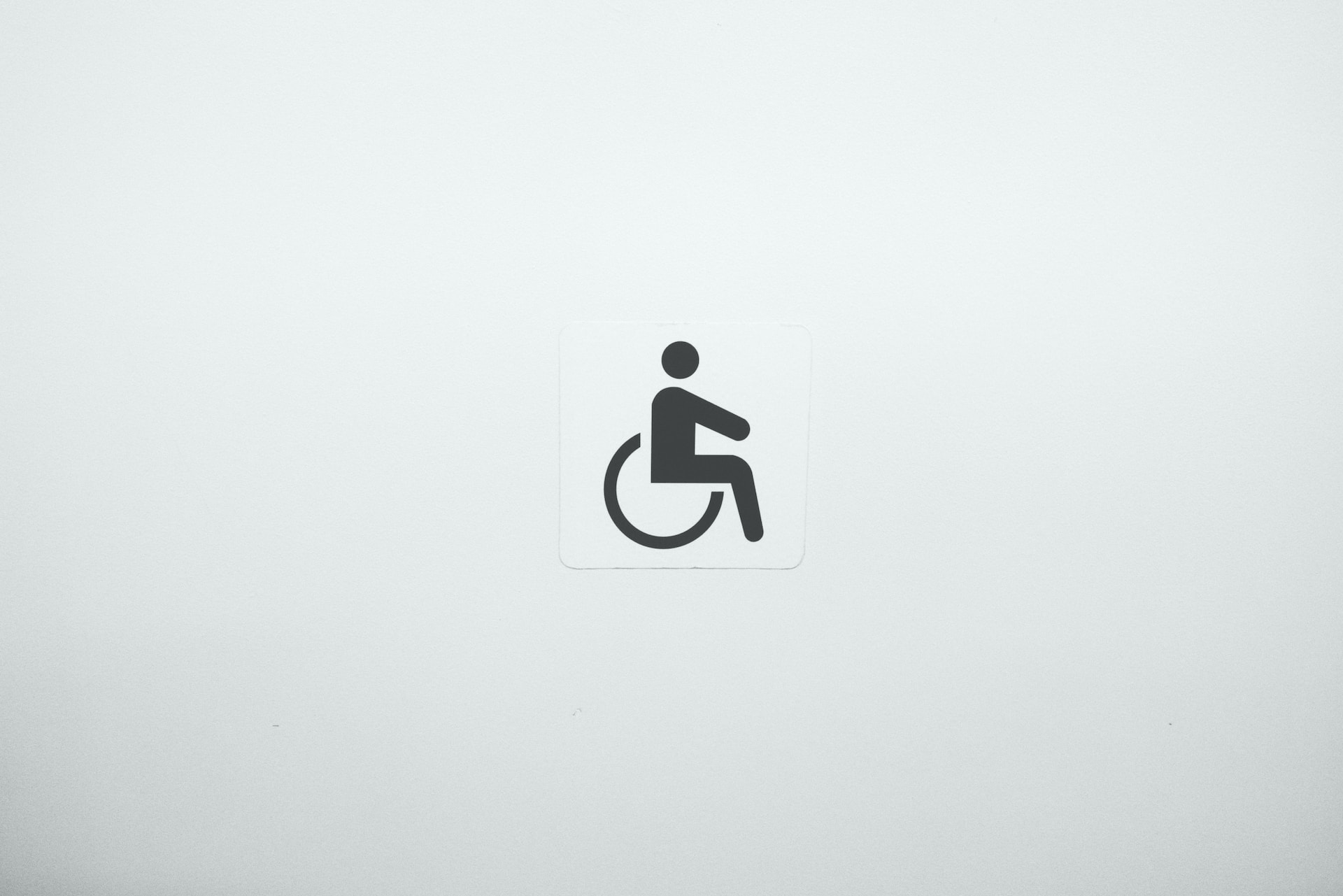Things You Need to Know When Looking for Disability Help
Navigating the world of disability benefits and support can be a scary task. Whether you’re dealing with a sudden injury or a long-term condition, understanding your options and rights is crucial. In this blog, we’ll cover eight essential things you need to know when seeking disability help. From understanding the application process to knowing your rights as a military veteran, we’ve got you covered.
Eligibility Criteria
One of the first things you need to grasp when looking for disability help is the eligibility criteria. Different programs have different requirements. Generally, disability assistance programs consider factors like the severity of your condition, how it affects your daily life, and your work history. Familiarize yourself with these criteria to determine if you qualify for assistance.
Application Process
Applying for disability benefits can be a lengthy and complex process. It typically involves gathering medical records, filling out forms, and attending interviews or evaluations. To make this process smoother, start by obtaining all relevant medical documentation and thoroughly completing the application forms. Seeking assistance from a disability attorney or advocate can also be immensely helpful.
Appeals and Denials
Unfortunately, denials are not uncommon during the initial application. It’s crucial to understand your right to appeal a decision if your application is denied. The appeals process may include hearings and additional documentation. Many applicants find success during the appeals stage, so don’t be discouraged if your initial application is turned down.
Military and VA Benefits
For veterans, there are specific disability benefits available through the Department of Veterans Affairs (VA). The Major Richard Star Act, if passed, expands these benefits. It allows for veterans who were injured in combat to receive a full pension even if they weren’t in service very long. It is ensuring that disabled veterans can access adequate support for life. If you’re a veteran, consider reaching out to the VA to explore your eligibility for benefits.
Social Security Disability Insurance (SSDI)
SSDI is a federal program designed to provide financial support to individuals with disabilities who have paid into the Social Security system through their employment. To qualify, you must have a certain number of work credits, which are earned based on your work history and income. The exact number of credits required depends on your age at the time you become disabled. In addition to work credits, you must meet the Social Security Administration’s (SSA) definition of disability, which means having a condition that prevents you from engaging in substantial gainful activity and is expected to last for at least one year or result in death. Understanding these aspects of SSDI is essential when determining your eligibility and preparing your application.
Supplemental Security Income (SSI)
Supplemental Security Income (SSI) is another federal program that provides financial assistance to individuals with disabilities. Unlike SSDI, SSI is a need-based program, and eligibility is determined primarily by your financial situation. SSI has strict income limits, and your income, as well as your spouse’s income if applicable, will be considered when determining eligibility. Similarly, SSI has limits on the value of your assets, such as bank accounts and property. Exceeding these limits can affect your eligibility. Understanding how income and assets affect your SSI eligibility is crucial when applying for this program.
State and Local Programs
In addition to federal programs, many states and local governments offer disability assistance programs that can provide supplementary support. These programs may include Medicaid, which provides health insurance to low-income individuals, including those with disabilities. Eligibility criteria and benefits can vary from state to state. Some areas offer housing assistance programs that can help with rent or provide accessible housing options for individuals with disabilities. Certain localities have transportation services specifically tailored to individuals with disabilities, ensuring accessible and convenient transportation options. To explore these programs and determine your eligibility, contact your state’s Department of Human Services or similar agencies.
Legal Assistance
Navigating the complex world of disability benefits can be overwhelming, but you don’t have to do it alone. Consider seeking legal assistance from a disability attorney or advocate. These professionals can guide you through the application process, help you gather the necessary documentation, and ensure your application is complete and accurate. If your claim is denied, a disability attorney can represent you during the appeals process, presenting your case effectively before an administrative law judge. They have a deep understanding of disability law and can work to maximize your potential benefits. Their expertise can significantly increase your chances of a successful outcome, easing the stress of the application and appeals process.

